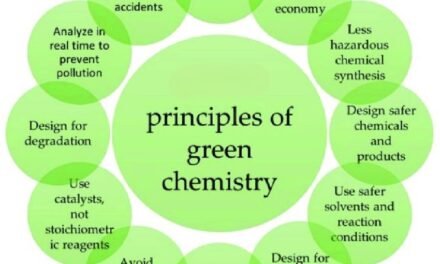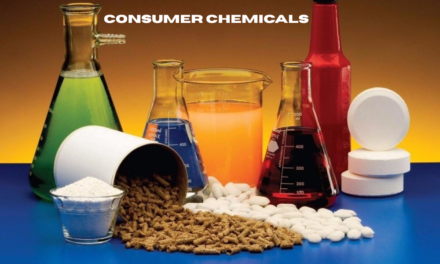The industry is adopting several sustainable strategies to manage plastic waste, focusing on reduction, recycling, and innovation. Here’s an overview of the key approaches:
1. Advanced Recycling Technologies
- Chemical Recycling: Breaking down plastics into their chemical building blocks for reuse in creating new plastics.
- Mechanical Recycling: Shredding and melting plastics to create new products without altering their chemical structure.
- Pyrolysis: Converting plastic waste into fuel or raw materials through thermal decomposition.
2. Circular Economy Models
- Closed-Loop Systems: Designing products to be easily recyclable and reusing materials to minimize waste.
- Extended Producer Responsibility (EPR): Holding manufacturers accountable for the entire lifecycle of their plastic products, including post-consumer waste.
3. Development of Bioplastics
- Bio-based Plastics: Made from renewable resources like corn or sugarcane, these reduce reliance on fossil fuels.
- Biodegradable Plastics: Designed to break down naturally in composting conditions, reducing long-term environmental impact.
4. Waste-to-Energy Initiatives
- Using non-recyclable plastic waste to generate energy through incineration or advanced processes like gasification.
5. Design Innovations
- Lightweighting: Reducing the amount of plastic used in products without compromising functionality.
- Monomaterial Designs: Using single-material plastics for easier recycling.
6. Improved Collection and Sorting Systems
- Investing in smart technologies for efficient sorting of plastics based on type and quality to improve recycling rates.
7. Consumer Awareness Campaigns
- Educating the public on proper disposal and recycling practices to minimize contamination in recycling streams.
8. Partnerships and Collaborations
- Global Alliances: Industry groups like the Alliance to End Plastic Waste work on scalable solutions to reduce plastic waste globally.
- Public-Private Initiatives: Collaborating with governments and NGOs to improve waste management infrastructure.
9. Regulatory Compliance
- Adhering to stricter regulations like bans on single-use plastics and mandates for recycled content in new products.
10. Upcycling Innovations
- Transforming plastic waste into higher-value products such as construction materials, clothing, or specialty chemicals.










